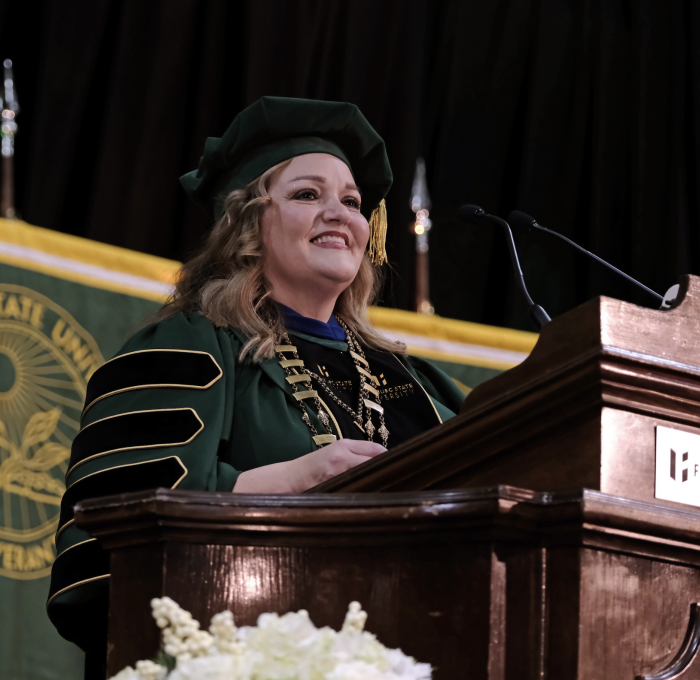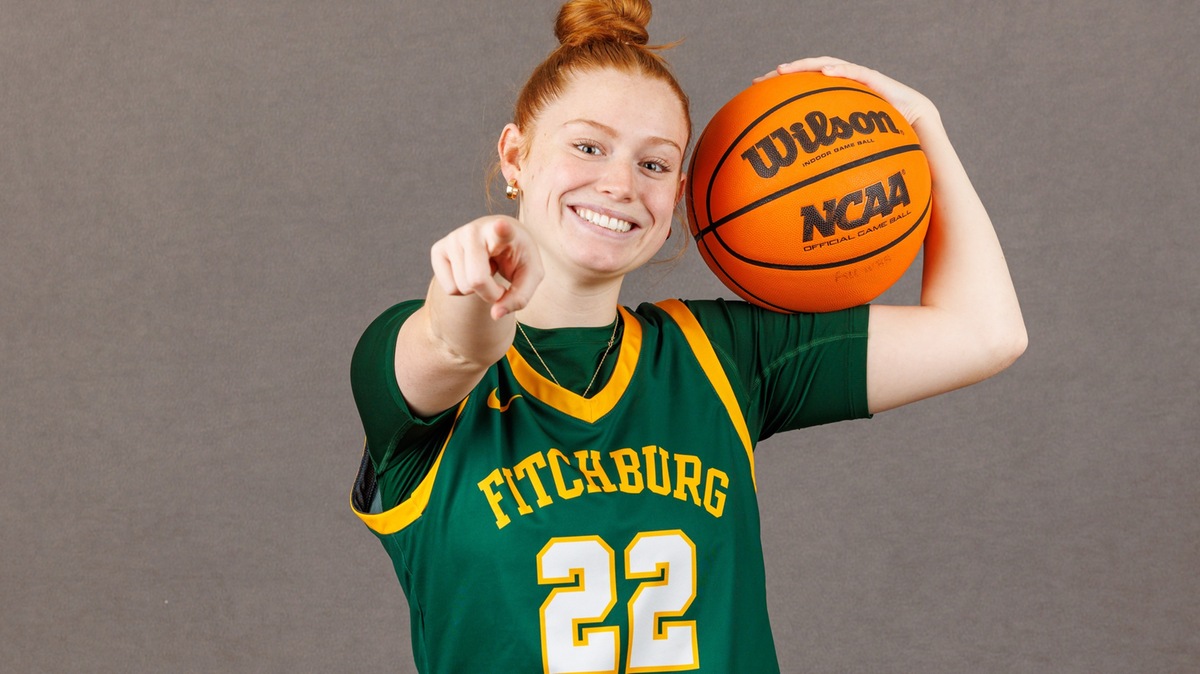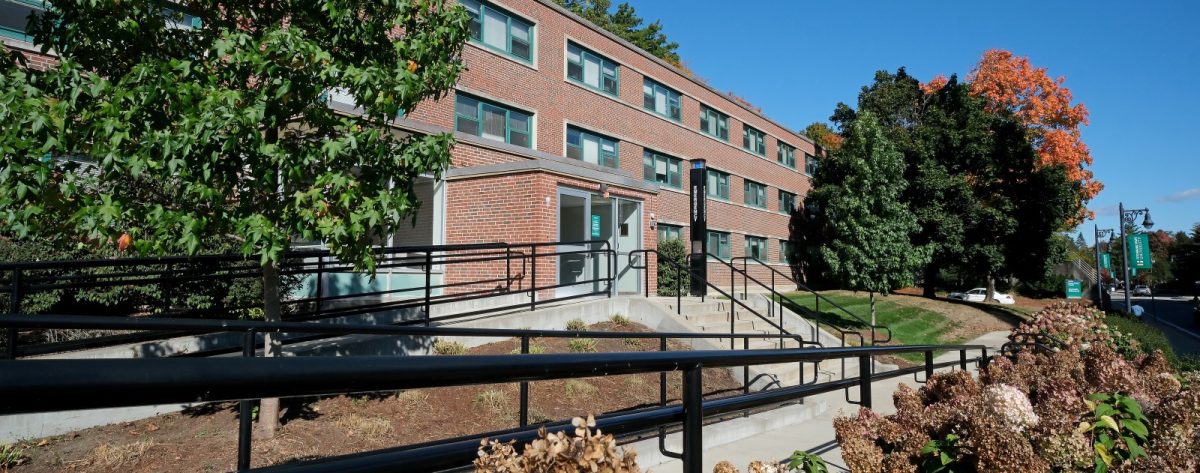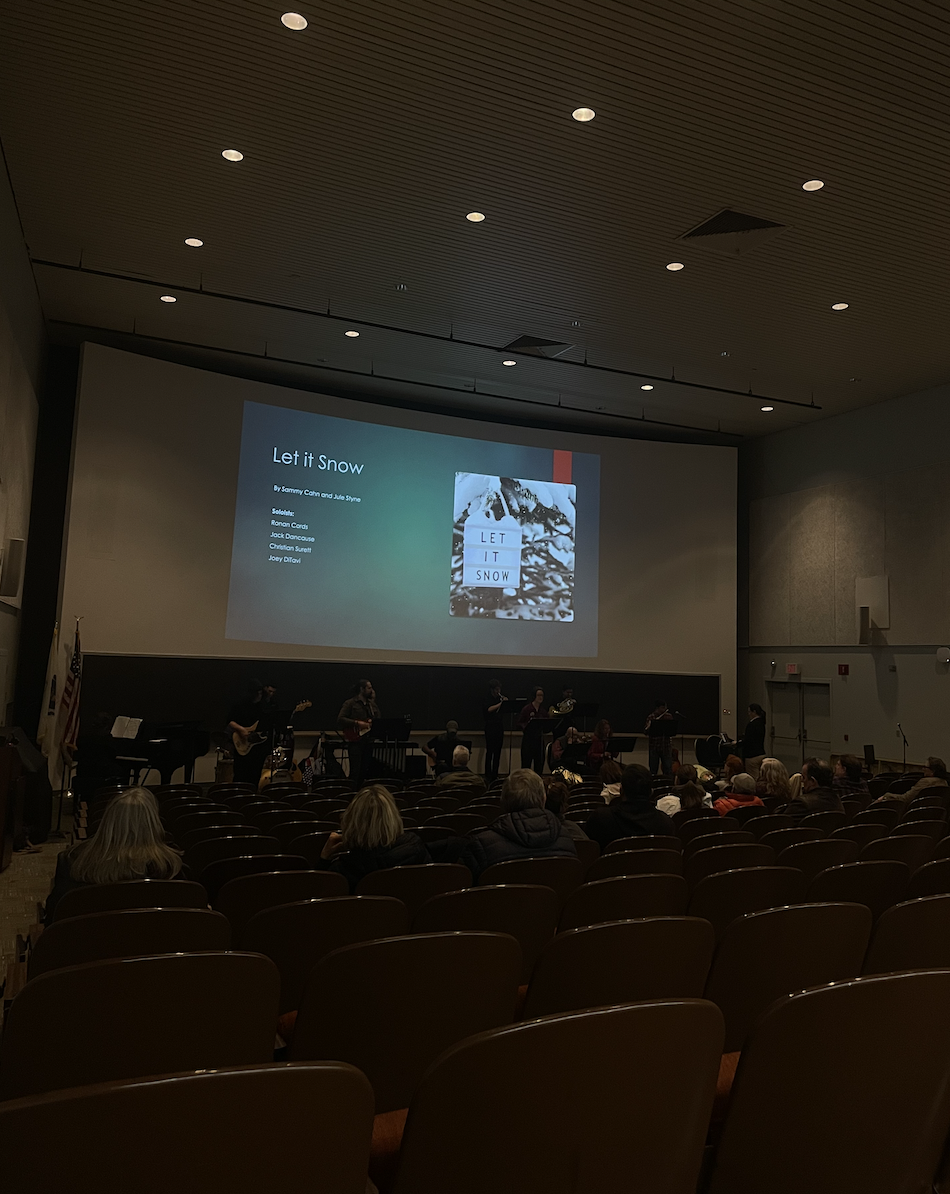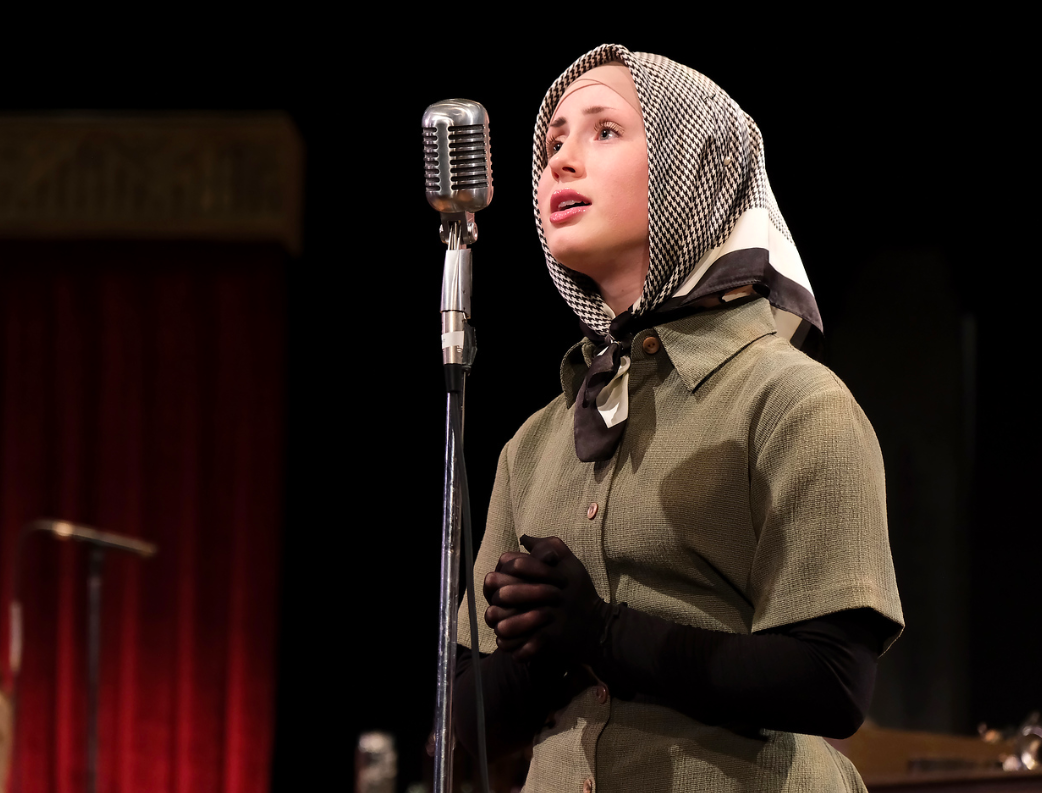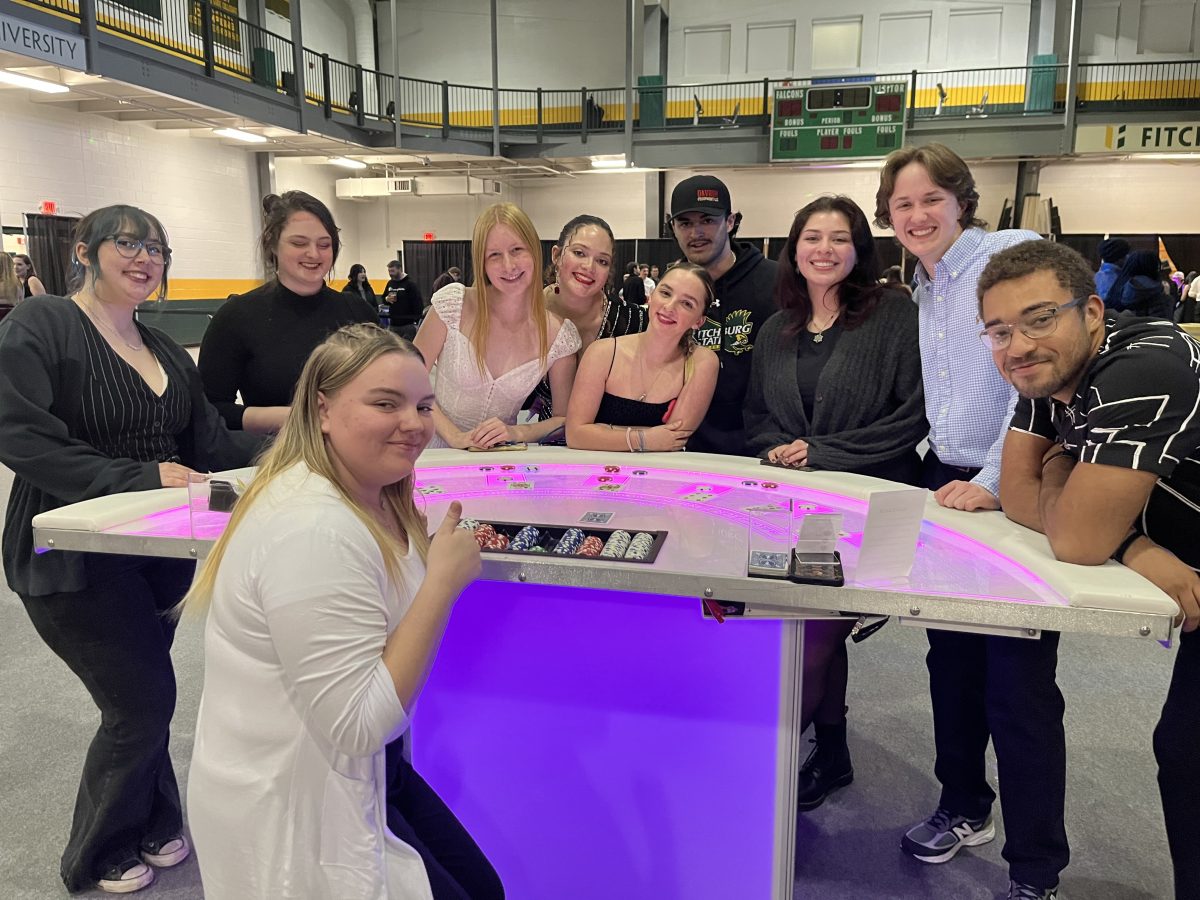Dr. Donna Hodge, the 12th President of Fitchburg State University and the first woman to hold the position, will be officially installed as the university’s chief executive officer at a ceremony on Friday, April 25, at 3:30 p.m. in Weston Auditorium. The event, free and open to the public, has limited seating and requires an RSVP.
Dr. Hodge has already made significant changes since stepping into the role. Some adjustments are visible, such as the addition of Adirondack chairs to the campus quad, while others, like restructuring the university’s executive cabinet, have deeper institutional implications. Seven cabinet members have either joined or shifted roles, leading the core functions of the university. While largely symbolic, the installation ceremony will be a moment for the campus and the wider community to recognize the university’s evolving leadership. The last such ceremony was held on October 13, 2016, for Dr. Hodge’s predecessor, Richard Lapidus.
As part of the celebrations, students were invited to participate in a Hashtag Contest, with winners receiving Fitchburg State merchandise. Less widely known is a black-tie gala scheduled for Saturday, April 26, at 6 p.m. at the Fitchburg Senior Center. Tickets for the gala are $150 each, with proceeds supporting the President’s Fund, which aims to raise $300,000 for student scholarships and innovation initiatives. The event’s location in downtown Fitchburg underscores the administration’s commitment to fostering partnerships between the university and the city.
Changes in Budgetary Priorities
Significant changes are underway in how the university allocates its budget, prompted in part by the departure of the long-serving Chief Financial Officer last academic year. The previous CFO, who held the position for over 14 years with a background in landscape architecture and agricultural business management, oversaw a budgeting process that faced scrutiny. Dr. Hodge’s administration is undertaking an overhaul to introduce a more transparent and strategic financial model.
In a recent communication release and during the February Board of Trustees meeting, Dr. Hodge outlined the upcoming Fiscal Year 2026 (FY26) budgeting process, emphasizing “a firm commitment to clear priority setting and a forward-looking strategy for growth.” This new approach is centered on expanding enrollment while maintaining financial stability. Key changes include:
- Ending the Extraordinary Budget Request process in FY26, eliminating the ability of offices to request additional funds outside the normal budget cycle.
- Requiring departments to optimize existing resources before seeking additional allocations.
- Providing clearer definitions of budget development and resource management, with increased oversight from cabinet-level leaders.
A Culture Shift in Transparency and Engagement
Fitchburg State has long operated under a culture where students, preoccupied with academics, jobs, and extracurricular commitments, rarely engage with the university’s inner workings. Historically, little effort has been made to change this trend. However, with a new administration and shifting institutional priorities, there is a greater opportunity; and necessity, to foster student awareness and involvement in university governance. Information about the budgeting process at state institutions has always been publicly available. However, ensuring that students understand and engage with these financial decisions requires active communication from university administrators.
Excerpt from Dr. Hodge’s Communication: FY26 Budget Planning – Stabilize, Heal, Transform
In her February 14 communication, Dr. Hodge stated:
“We stand at a defining moment for Fitchburg State University—one that requires us to shift our mindset from scarcity to possibility, from constraint to creation. We are not here merely to sustain; we are here to build.
The budget is more than a financial document; it is a declaration of our values and our collective ambition. It reflects how we invest in our people, how we expand opportunities for students, and how we secure our future.”
She went on to outline the core components of the FY26 budget strategy:
- Prioritizing People – Investing in faculty and staff as the university’s most valuable resource.
- Growing Enrollment – Expanding undergraduate and graduate programs with a strategic approach.
- Investing in Smart, Strategic Change – Ensuring that every dollar serves students and the university’s mission.
- Maximizing Assets – Evaluating university-owned properties for long-term sustainability.
The new budgeting process eliminates one-time “extraordinary budget requests” in favor of embedding strategic investments into academic planning. Dr. Hodge also emphasized the importance of collaboration and forward-thinking decision-making in ensuring the university’s long-term success. Dr. Hodge concluded her statement by calling for collective engagement in the budgeting process, urging faculty and staff to participate in recruitment, retention, and strategic decision-making.
Fitchburg State is at an important, embedded crossroads, and the administration is pushing for a cultural shift in transparency, engagement, and strategic financial planning. For students, faculty, and staff, staying informed and involved in these discussions is both a right and a responsibility.


